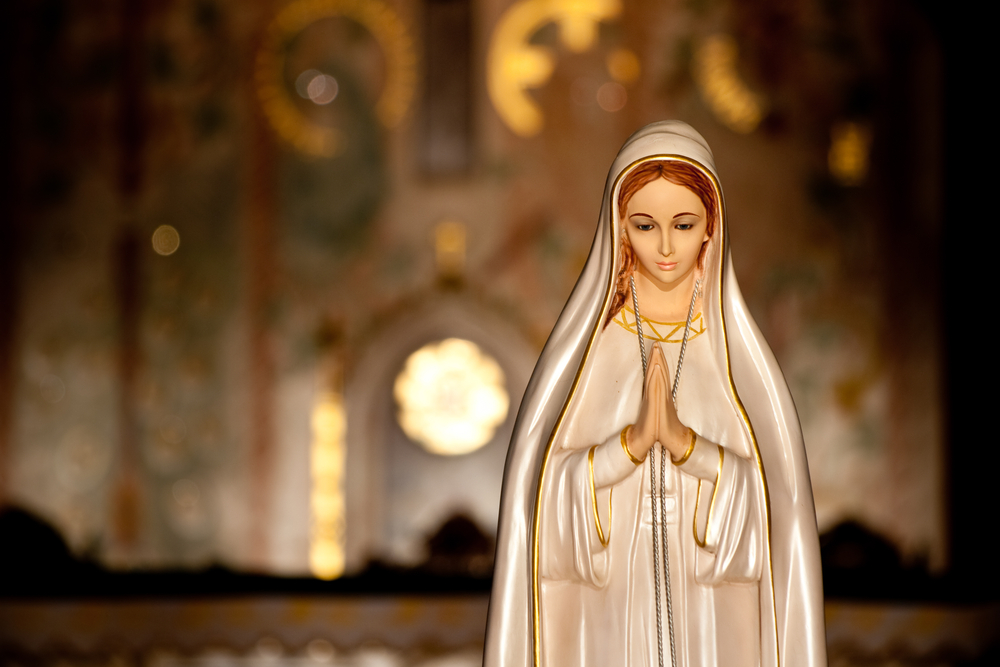The month of May is dedicated to Our Blessed Mother, and is a great opportunity to deepen our relationship with the Mother of God. “This is really the first month that was dedicated to a particular saint or person or mystery of the faith,” says Fr. James Kubicki SJ, President of the St. Francis Mission and regular contributor to Morning Air® on Relevant Radio®.
Speaking about the historic origins of the Month of Mary, Fr. Kubicki said, “In terms of the church, it comes to the thirteenth century when King Alfonso X of Castile, Spain, wrote a book in which he talked about specific dates during the month of May that would be feast days for Mary and eventually the entire month was filled with special observances and devotions to Mary.”
Spring and the month of May naturally point to our Blessed Mother. “There is that instinct among human beings to look on May as a month of new life, of motherhood. And it was natural then to dedicate the month of May to Mary and in a special way to her motherhood in our lives. And then different devotions arose of praying the Rosary and having May crownings and things like that. So it’s kind of a happy convergence of this human instinct to honor motherhood during a very beautiful month in spring and then, naturally, to honor our spiritual mother, Mary, during this month as well,” said Fr. Kubicki.
Why is Mary so important in our spiritual lives? “She’s essential because, I like to put it very simply: no Mary, no Jesus. If we didn’t have Mary, then Jesus, the second person of the Blessed Trinity, could not have taken flesh. He required a mother in whose womb He could take flesh and develop and be born,” said Fr. Kubicki. “Mary is this great cooperator with God’s will in saving the world, and without her, we wouldn’t have Jesus. I love to think of our relationship with Jesus in terms of Mary: that, as Jesus came to us through Mary, we find that the best path to go to Jesus is also through Mary.”
“Never be afraid of loving the Blessed Virgin too much. You can never love her more than Jesus did.” – St. Maximilian Kolbe


